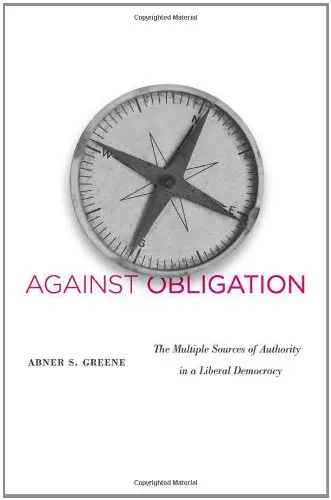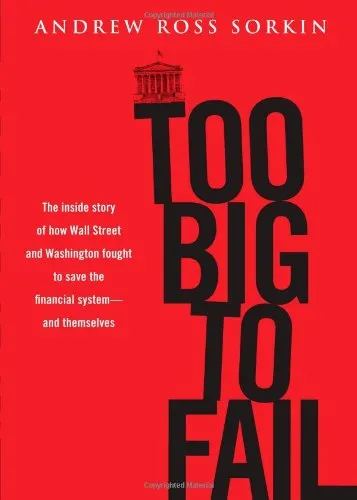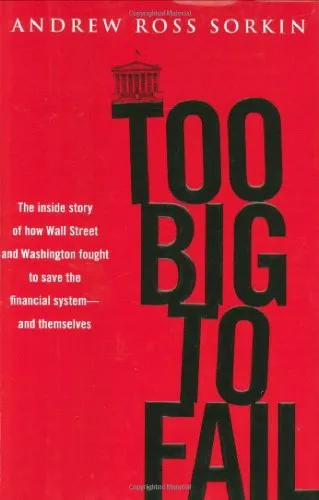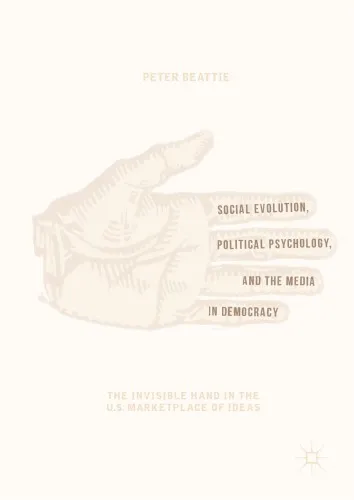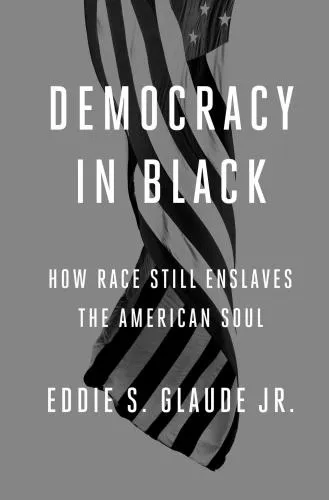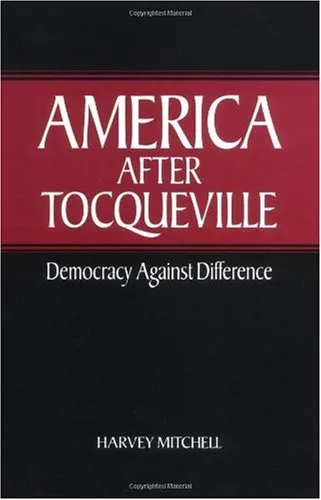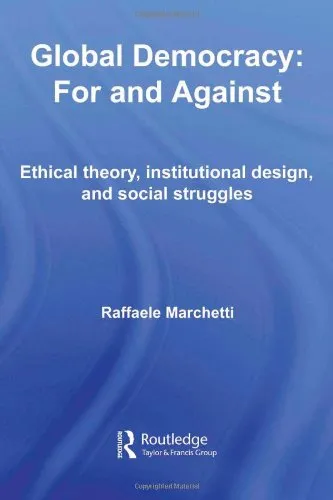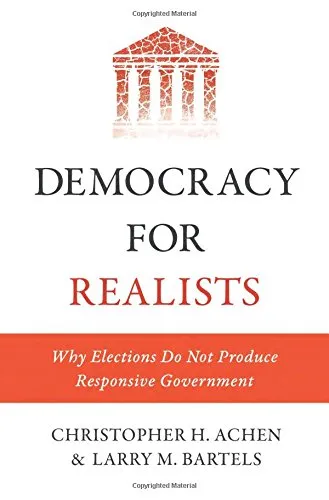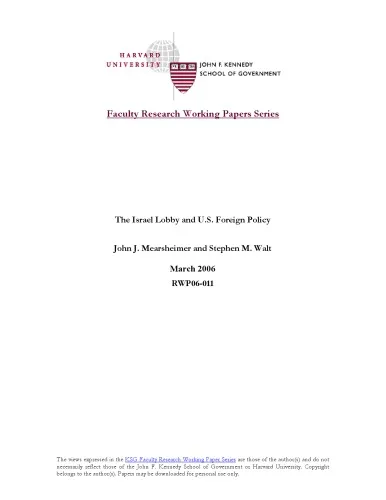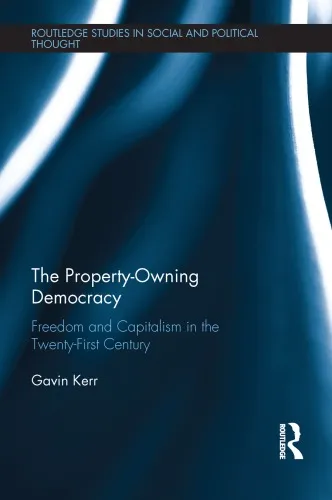Against Obligation: The Multiple Sources of Authority in a Liberal Democracy
4.0
Reviews from our users

You Can Ask your questions from this book's AI after Login
Each download or ask from book AI costs 2 points. To earn more free points, please visit the Points Guide Page and complete some valuable actions.Related Refrences:
Introduction to 'Against Obligation: The Multiple Sources of Authority in a Liberal Democracy'
Written by legal scholar Abner S. Greene, 'Against Obligation' offers a thought-provoking critique of the notion that citizens or officials in a liberal democracy are universally obligated to obey constitutional or legal authority. Through meticulous analysis, Greene questions widely accepted principles and presents an alternate view of democratic authority, one that embraces multiple sources of moral, social, and political guidance.
The book challenges conventional thinking on the nature of obligations, both legal and moral, in a pluralistic democracy. Instead of advocating for a single, overarching source of authority—whether it be the Constitution, the law, or other institutional norms—Greene examines the interplay between different forms of authority in an individual's life. By engaging with political theory, constitutional law, and moral philosophy, the book creates a well-rounded argument that authority should be decentralized, nuanced, and context-specific.
Detailed Summary of the Book
At the heart of Greene's argument is the notion that the traditional concept of obligation is too rigid to account for the complexity of modern liberal democracies.
The book is divided into several chapters that explore various dimensions of this critique:
- Part One: Greene begins by analyzing the intuitive appeal of absolute obligation, particularly as it applies to obedience to the Constitution or laws of the state. He questions whether such obligations are morally defensible or practical in a society that values individual autonomy and pluralism.
- Part Two: A nuanced exploration follows of how legal and constitutional norms interact with personal morality and religious commitments. Greene suggests that while the state has authority, it should not claim exclusivity, allowing room for individuals to follow coexisting forms of moral authority.
- Part Three: In the latter sections, Greene builds the case for what he calls "permeable sovereignty." He suggests that no institution, including the government, should have absolute authority over individuals in a liberal democracy. Instead, authority should be viewed as a flexible, overlapping set of influences shaped by personal, social, and institutional factors.
Ultimately, Greene reframes the conversation about what liberal democracy should demand from its citizens and officials. He urges readers to embrace a pluralistic approach to authority, one that recognizes and respects the competition between various sources of guidance in public and private life.
Key Takeaways
- Liberal democracies should not demand unwavering obedience to the Constitution, laws, or government authorities.
- Authority is not monolithic; individuals derive their moral and ethical commitments from a variety of sources, including personal conscience, religion, and societal norms.
- The concept of "permeable sovereignty" allows for a more nuanced understanding of authority in a pluralistic society. This framework acknowledges the coexistence of, and sometimes tension between, multiple sources of authority.
- A truly liberal democracy should respect and value the diversity of its citizens’ commitments, rather than enforcing a singular notion of obligation or loyalty.
Famous Quotes from the Book
"A liberal democracy, if truly committed to human dignity and freedom, cannot insist on ultimate obligation to one source of authority."
"The heart of pluralism is recognizing that our lives are guided by overlapping, and sometimes conflicting, sources of authority."
Why This Book Matters
In today's world, where tensions between legal authority and personal values frequently arise, 'Against Obligation' offers an important framework for rethinking the relationship between the individual and the state. By challenging the doctrine of universal legal obligation, Greene makes a critical contribution to debates surrounding constitutional theory, jurisprudence, and political philosophy.
Moreover, the book's emphasis on pluralism resonates with contemporary debates about religious freedom, civil disobedience, and the limits of government power. For readers interested in the philosophy of law or the challenges of democracy, 'Against Obligation' provides invaluable insights into how we might navigate the complexities of modern governance while remaining true to liberal principles.
Whether you are a scholar, a student of political theory, or a concerned citizen, this book will provoke you to think deeply about the ways in which democratic societies negotiate authority, obligation, and freedom. It pushes us to redefine what it means to live in a truly pluralistic world, making it an essential read for our times.
Free Direct Download
You Can Download this book after Login
Accessing books through legal platforms and public libraries not only supports the rights of authors and publishers but also contributes to the sustainability of reading culture. Before downloading, please take a moment to consider these options.
Find this book on other platforms:
WorldCat helps you find books in libraries worldwide.
See ratings, reviews, and discussions on Goodreads.
Find and buy rare or used books on AbeBooks.
1654
بازدید4.0
امتیاز0
نظر98%
رضایتReviews:
4.0
Based on 0 users review
Questions & Answers
Ask questions about this book or help others by answering
No questions yet. Be the first to ask!
